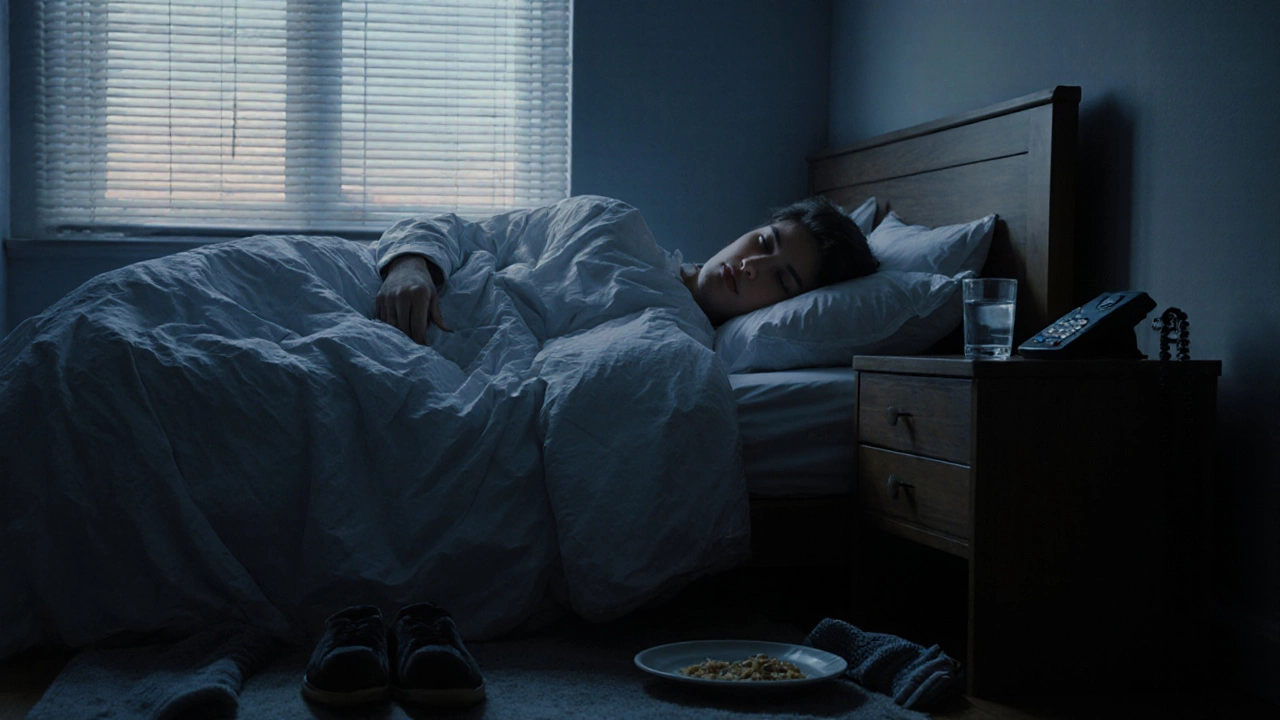Stress Overload: Signs, Causes, and Real Ways to Reset
When you’re stuck in stress overload, a state where your nervous system is constantly firing without relief. It’s not just being busy—it’s your body stuck in fight-or-flight mode for weeks, months, or longer. You might think you’re just tired, but it’s deeper. Your sleep’s off. You snap at people for no reason. You forget where you put your keys. You scroll mindlessly for hours just to feel nothing. That’s not laziness. That’s your brain begging for a break.
Mental reset, a deliberate pause to reset your nervous system and reclaim focus. It’s not a vacation. It’s not a bubble bath. It’s a structured shift—breathing, stepping away from screens, moving your body, or even just sitting quietly for five minutes without checking your phone. And it’s not optional if you want to stay sane. Burnout prevention, the daily habits that stop stress from turning into exhaustion. It’s setting boundaries, saying no, and protecting your time like it’s gold—because it is. You can’t outwork stress. You can’t caffeine your way out of it. You have to change how you live.
Mindfulness practices, simple, science-backed techniques to ground yourself in the present moment. They don’t require meditation apps or incense. They’re noticing your breath. Feeling your feet on the floor. Pausing before you reply to a text. These tiny moments add up. They rewire your brain to stop reacting and start responding. And work-life balance, the real, messy, non-perfect line between what you do for money and what keeps you alive. It’s not about working less. It’s about working smarter, resting fully, and letting go of guilt when you do.
Stress overload doesn’t show up in a single moment. It creeps in. You skip lunch. You answer emails at midnight. You cancel plans because you’re "too tired." Then one day, you realize you haven’t laughed in weeks. That’s the signal. It’s not a weakness. It’s your system telling you: you need to change.
The posts below aren’t about quick fixes. They’re about real, doable shifts—how to declutter your space to clear your mind, how to build a mental reset routine that actually sticks, how to spot the early signs of burnout before it hits you hard, and how to create a life that doesn’t drain you dry. You don’t need to overhaul everything. Just start with one thing. One breath. One no. One quiet morning. That’s how you begin to heal.
The first stage of a mental breakdown isn't dramatic - it's quiet exhaustion, emotional numbness, and physical fatigue. Recognizing these early signs can stop a crisis before it starts.






